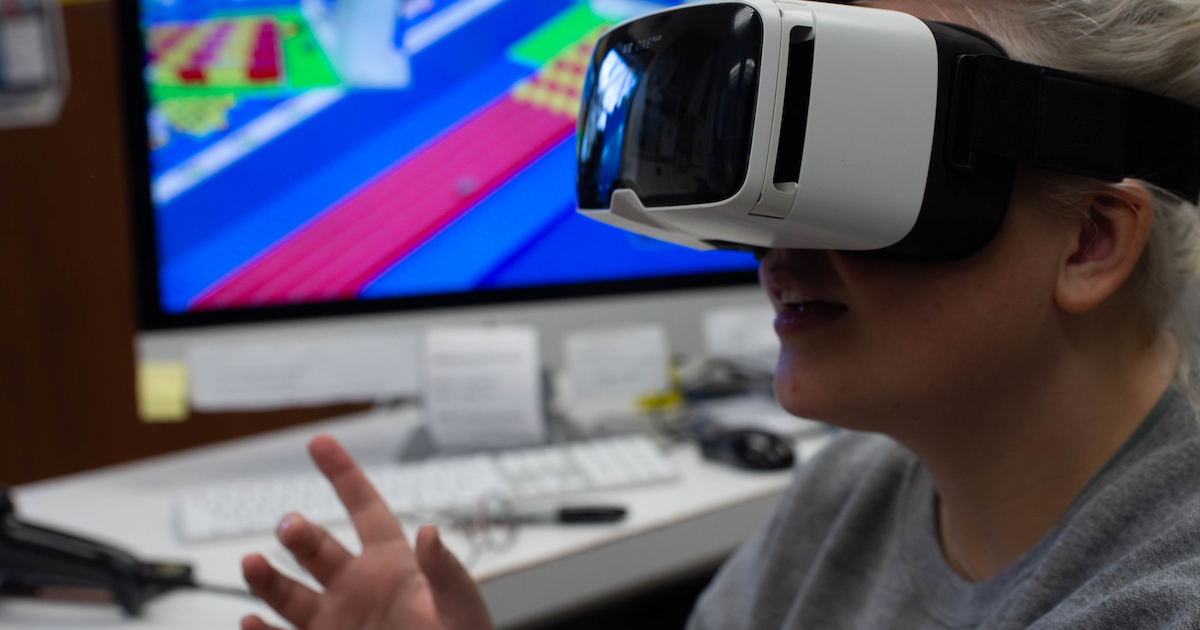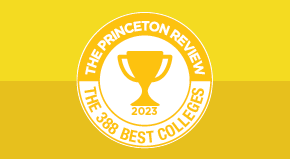
Presented by American University
Game design is a booming industry and a growing number of individuals are pursuing graduate degrees in the field.
Therefore, we thought it prudent to speak with some folks at American University, which offers one of the top programs in the country. Our interview provides some great insight into what makes their degree so unique.
Q: What are you most proud of with respect to your game design program?
A: The AU Game Lab offers a world-class faculty that’s deeply engaged with its students. Indeed, as a small, graduate-only program, professors are able to work closely with masters candidates to foster scholarship and create games and media experiences that change the world.
Q: What are some special features of your program?
A: The AU Game Lab differs a bit from your average game design program. We’re not focused on producing products that are solely for entertainment purposes. Rather, our emphasis is on creating games for change, using games for persuasive play, and promoting a deep understanding of players and their communities. Accordingly, our program explores the use of games in policy and governance, politics, and communication. And this allows us to take full advantage of our amazing location in the heart of Washington, DC. In turn, you’ll find that our graduates not only work for game studios, but also think tanks, government agencies, and educational and cultural institutions.
Q: What about your required and optional courses?
A: Required courses such as “Games, History and Society” and “Making Meaningful Games” take students beyond the fundamentals of building a great game. And when it comes to electives, students are able to choose from a variety of concentrations or create one of their own. Specifically, they are privy to courses that explore topics such as playful cities, virtual and augmented reality, interactive narrative, and more.
Q: What does a game design student accomplish in the program? Will they have created their own games?
A: Students leave with the skills and experience they need to succeed in applying game design to non-game contexts. Additionally, thanks to several project-based courses, they’re armed with a portfolio of their work. And perhaps most importantly, all students complete a game as a part of their capstone thesis project.
Q: What sort of internships are pursued by your game design students?
A: Students take advantage of American’s relationships with government agencies, locally based companies, and not-for-profits alike. Our Game Studio gives Game Lab students invaluable experience working on real-world game projects. Sample internships include working for the DC-based Entertainment Software Association as well as the Wilson Center, where students have studied the use of games in federal agencies.
To learn more about American University and other leading graduate game design programs, click here.
Explore Colleges For You
Connect with our featured colleges to find schools that both match your interests and are looking for students like you.
Get Started on Athletic Scholarships & Recruiting!
Join athletes who were discovered, recruited & often received scholarships after connecting with NCSA's 42,000 strong network of coaches.
Best 388 Colleges
154,000 students rate everything from their professors to their campus social scene.



